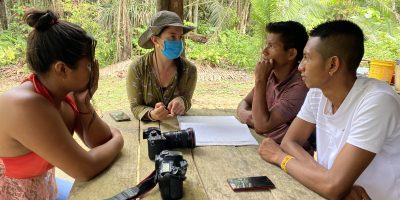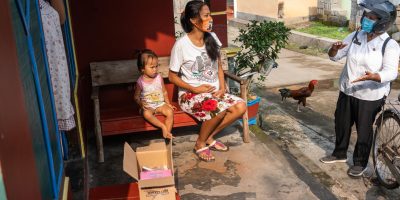Briefing
Information Preparedness and Community Engagement for El Niño in the Eastern and Southern Africa Region
El Niño can be viewed as a multi-hazard event, and considerations for information needs cut across different populations and risks, including direct weather-related hazards, reduced agricultural production, greater food insecurity and malnutrition, increased transmission of infectious diseases and effects on…







